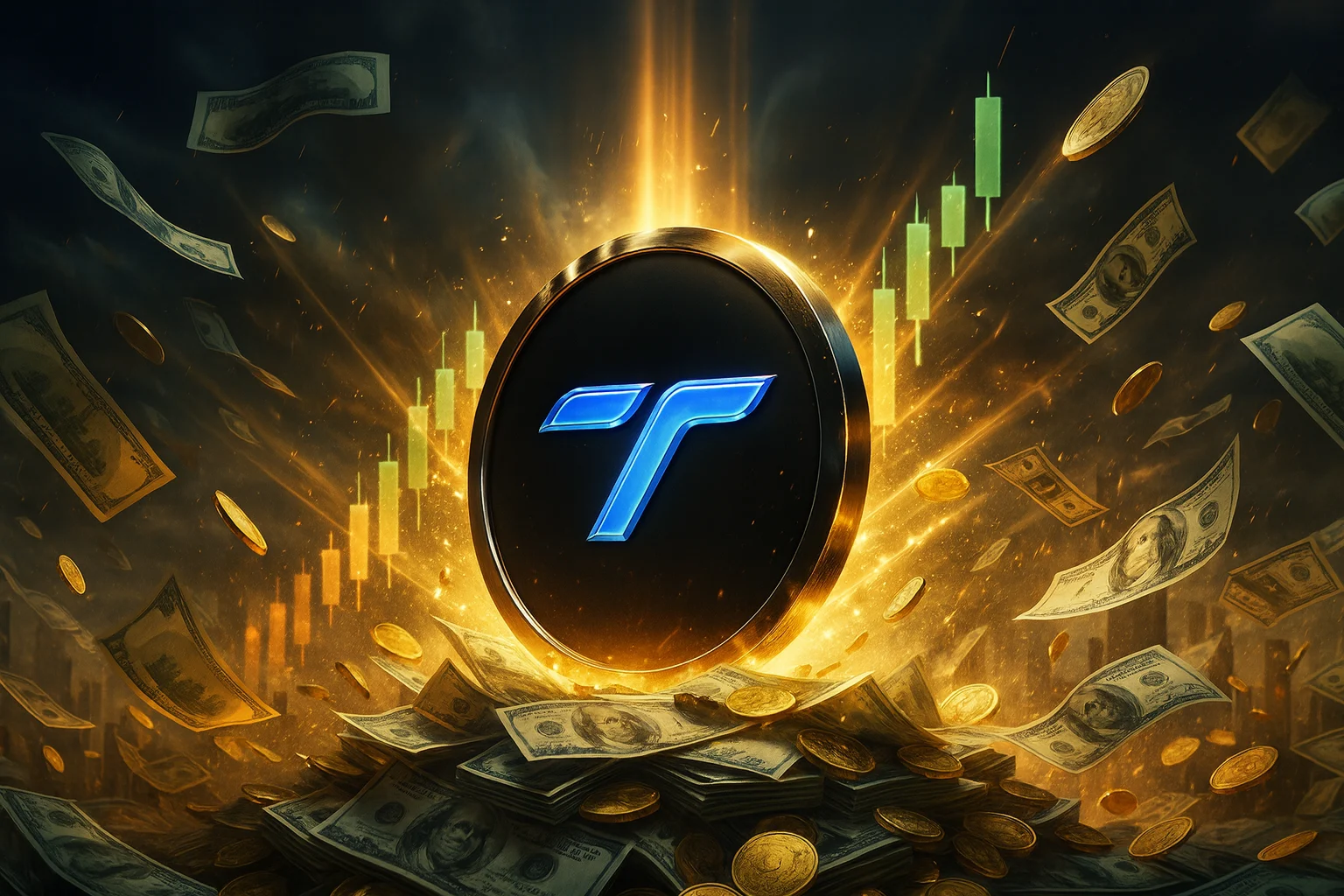Polygon co-founder Jordi Baylina revives zkEVM tech under new venture, Zisk
Jordi Baylina’s new venture, Zisk, will carry the zkVM torch forward following the Polygon Foundation’s decision to decommission the costly chain. Baylina retains a founder’s title, but his team and codebase are now fully independent.
On June 18, Polygon co-founder Jordi Baylina took to X to announce that he and the core zkEVM development team have spun out to form Zisk, an independent project focused on advancing low-latency, open-source zero-knowledge virtual machine technology.
All intellectual property tied to the effort, including codebases developed under Polygon’s umbrella, has been transferred to SilentSig GmbH, a Swiss entity wholly owned by Baylina. According to Zisk’s website, the team had been incubating the project within Polygon since May 2024, before formalizing the carve-out on June 13.
The Zisk gambit: how Polygon’s zkEVM exodus could reshape zero-knowledge tech
Baylina’s spinout comes just a week after a major leadership shakeup at Polygon, with co-founder Sandeep Nailwal taking direct control of the Polygon Foundation. Following his appointment, Nailwal quickly introduced a new roadmap that sidelined the zero-knowledge EVM in favor of Polygon PoS and its AggLayer interoperability protocol.
The decision effectively shuttered a project that had been burning over $1 million annually. Blockchain researcher Lorenz Lehmann noted on X that Polygon had “quietly abandoned” development, despite investing nine figures into the initiative.
For Baylina and his team, the writing was on the wall. Rather than resist the shift, they opted to forge a new path. With Zisk, Baylina aims to eliminate the overhead of legacy architecture and focus on delivering the core promise of what zkEVM aspired to be but never fully achieved.
While current zkVMs like Polygon zkEVM emphasize EVM compatibility, Zisk’s architecture prioritizes low-latency proofs, a critical requirement for real-world use cases such as decentralized exchanges and gaming. Early benchmarks suggest Zisk’s approach could reduce verification times by 40–60% compared to incumbent solutions, though independent audits will be required to verify those claims.
The spinout also inherits Polygon zkEVM’s open-source legacy, with Baylina pledging to keep Zisk’s codebase permissionless.
You May Also Like

The LayerZero Foundation repurchased 50 million ZRO tokens from early investors, representing 5% of the token supply.

Best Crypto To Buy Today: UAE’s New Crypto Tax Rules May Lead To a Massive Surge in This Industry
